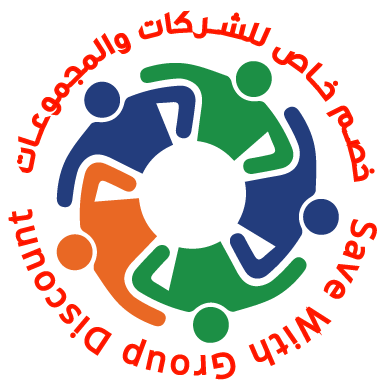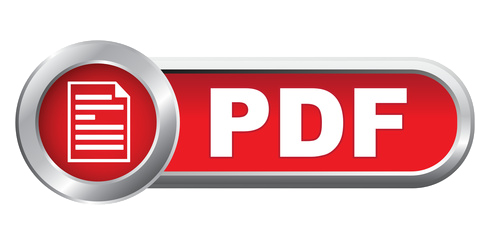Management / Personal Development Communication Skills
Communication and Interpersonal Skills for Technical Professionals
MC227
No Schedule Course Found, You can Request Schedule or ask for a proposal to get as in-House for your team. Request eProposale
Whether you’re an IT professional, engineer, scientist, or researcher, communicating with others—both technical and nontechnical professionals—is an essential part of the job. This seminar will give you the interpersonal and communication tools you need to ensure mutual clarity and understanding when dealing with others, so you can maximize all your business interactions and achieve your critical goals.
How You Will Benefit
- Recognize and manage differences between you and nontechnical professionals
- Deliver clear messages to non-technical professionals
- Apply verbal and nonverbal techniques to build shared understanding
- Strategically apply a communication system to enhance relationships and achieve performance goals
- Develop active listening skills that promote better work relationships
- Get your points across in diverse communication contexts
- Use influencing skills to complete projects faster and grow your reputation
- Be able to productively manage conflict
All technical and IT professionals who need to develop the interpersonal and communication skills necessary to effectively convey their knowledge to those around them.
Learning Objectives
- Identify Communication Differences Between Technical and Nontechnical Professionals
- Differentiate Personal Style Preferences in Order to Communicate Better with Others
- Strategically Apply a Communication System to Build Trust and Credibility and to Enhance Relationships
- Apply Verbal and Nonverbal Techniques to Build Rapport
- Develop Communication Skills That Promote Better Work Relationships
- Apply Strategies to Manage Conflict Productively
The Communication Challenge
- Distinguish Communication Needs and Expectations of Technical and Nontechnical Professionals
- Define Generational Differences and Their Impact on Communication
- Assess the Communication Needs and Expectations in Your Own Job
Personal Styles—Your Own and Others’
- Differentiate Communication Style Preferences in Order to Better Understand Others
- Identify Your Own Style Preferences and Their Strengths and Limitations
- Use Behavioral Clues to Determine Others’ Personal Styles and to Work More Effectively with Other Styles
A System for Communication
- Distinguish Between Verbal and Nonverbal Communication
- Identify Criteria for Establishing Trust and Building Credibility
- Implement a Communication Model for Conducting More Effective Conversations
“I Listen”—Understanding the Message
- Identify the Role of Active Listening in Effective Communication
- Demonstrate the Critical Skills of Active Listening—Acknowledging Emotions, Encouraging, and Acknowledging Ideas
- Apply Effective Listening Techniques to Your Own Work Situations
Asking Questions
- Identify and Construct Open-Ended and Closed-Ended Questions
- Demonstrate Effective Use of Questioning
- Apply the Techniques to Your Own Work Situations
“I Talk”—Sending the Right Message
- Demonstrate Effective Use of Informing and Directing
- Identify Appropriate Use of Skills to Influence
- Apply Techniques to Your Own Work Situation
Managing Conflict
- Determine Your Own Conflict Style Using a Self-Assessment
- Identify When and How to Deliver Criticism Appropriately and Effectively
- Presentation & Slides
- Audio Visual Aids
- Interactive Discussion
- Participatory Exercise
- Action Learning
- Class Activities
- Case Studies
- Workshops
- Simulation
Terms & Conditions
ACTrain reserves the right to alter the Course Schedule without Prior Notification, Fees Quoted are Subject to Terms & Conditions Outlined in ACTrain's Registration Policy







